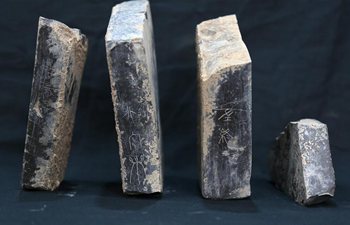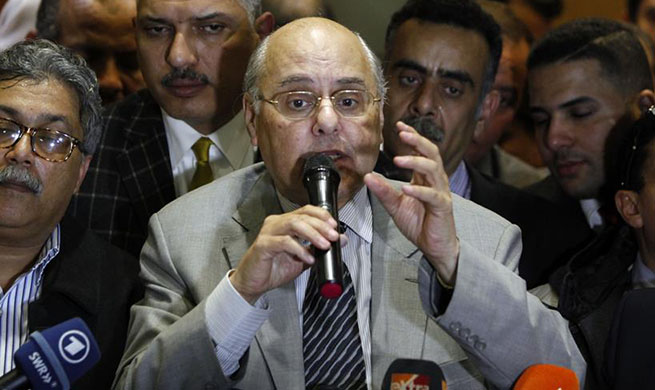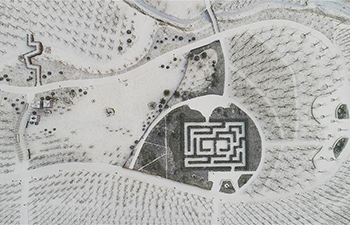CANBERRA, Jan. 30 (Xinhua) -- Australian policy institutes from the opposite end of the political spectrum have joined forces to condemn "unprecedented and dangerous" political donation laws, local media reported Tuesday.
Under a bill currently before the parliament, political parties, associated entities and all organizations engaged in political activities would be banned from receiving foreign donations.
The Institute of Public Affairs (IPA), a conservative think tank, on Tuesday joined the progressive GetUp in labelling the plan as unnecessary and excessive.
Gideon Rozner, an IPA research fellow and former adviser to the conservative Liberal National Party (LNP) government, said that the bill could silence contributions to political debate.
"This bill represents a dangerous restriction on freedom of speech, and sets a very bad precedent," Rozner told Fairfax Media on Tuesday.
"The apparent aim of the bill is to regulate entities that actively campaign at elections ... but the way the bill is drafted goes way beyond these aims. Charities, religious organisations, industry associations, service clubs and other groups could all be affected."
The IPA said it was particularly concerned by the expansion of disclosure obligations to the Australian Electoral Commission (AEC).
Under the new laws, any group that spends more than 80,000 U.S. dollars advocating on election issues will be subject to the donations disclosure regime.
In a submission to the government, the IPA argued that the arrangement was "extremely wide and poorly-drafted."
Mathias Cormann, Australia's special minister of state, responded by saying the bill was based on international precedents and was necessary and rejected the IPA's assertion that the bill was burdensome.
"The new rules are proportionate, necessary and apply to all relevant political actors equally," he said.
"The integrity, real and perceived, of Australia's electoral system is critical to our system of government."
Rozner's comments came the day after GetUp's submission to the joint standing committee on electoral matters claimed that the crackdown would destroy the revenue streams of grassroots groups and minor political parties.
















